 Oz John Tekson
Oz John Tekson
When we decided to move to France, one of the biggest decisions was where to send our kids to school. International bilingual? (Too expensive.) Private Catholic? (Too Catholic.) American Montessori? (Too American.) Public French school? (Perhaps too…French?)
We opted for total immersion in our neighborhood maternelle, the French equivalent of preschool + K. And so our adventure in French schools began. What we’ve found has been a cultural education in itself, surprising, occasionally maddening and enlightening all at once.
 Boston Public Library; Eliza Dudnikova
Boston Public Library; Eliza Dudnikova
School is free. For Americans and Brits accustomed to shelling out thousands for private education, this was a most welcome change. No more paying $800 per month for our three-year-old to attend morning preschool. No more monthly kindergarten fee (even at the local public school). School was free! It was hard to imagine.
The Napoleonic dream. The French system is indeed rigid, disciplinarian and devoted to the teaching method envisioned by Napoleon. Kids are not so much taught as trained – to absorb information by memorization and dictation with an eye toward shaping little French citizens. Where was the individuality? Creative problem solving? These were American constructs with no place in a system with only two answers: right or wrong. Hmm.
 Karen Booth; Carams
Karen Booth; Carams
Le Menu de la Semaine The state-sponsored lunch service (“la cantine“) surprised and delighted us with its weekly menus rivaling a Michelin-starred restaurant. A sample daily menu, including four courses, might include:
Salade de pomme de terre/tomates
Escalope de poulet à la crème
Duo carottes / salsifis
Yaourt aromatisé Poire
Pain / fromage Jus de pomme
At least one day per week is strictly bio (organic). And no menu is complete without the daily “suggestion du soir,” the recommended dinner selection to prepare at home to complement that day’s dejeuner. The scene at the cantine is something to behold: Groups of preschoolers sit at small round tables, their place settings complete with porcelain plates, bowls and glasses. They spend no less than 45 minutes a day a table. Just like the States, non?
 Carams; Anabel Fernandez de la Rosa
Carams; Anabel Fernandez de la Rosa
Becoming bilingual. From day one, our kids’ American-ness made them curiosities, especially my son who had no trouble initiating play that rendered verbal communication superfluous. Chasing, growling and wrestling required little more than a grin and before long, he was greeted each morning by excited shrieks of, “Cole! Attrapes-nous!” (Catch us!)
Simple skills and phrases came quickly, like “ca c’est a moi,” (that’s mine) and Cole’s personal favorite, “A L’ATTAQUE!” (Attack!), which he would yell while brandishing a styrofoam sword, careening down the halls of our apartment.
A year later, both kids are nearly bilingual and speak French with no trace of an American accent. Although we speak English at home, they often play and interact in French, something that has taken me quite by surprise. They come home with new French songs and playground taunts and even know some French words they haven’t yet learned in English. I realize that not only are they becoming bilingual; they are actually becoming culturally French. They may even someday need tutoring in their native tongue.
 Roger G1; Carams
Roger G1; Carams
French or folly? Some of it strikes me as plain silly. On days the kids have gym, for example, parents are told to send along a change of clothes, “since you wouldn’t want your children wearing gym clothes all day.” My son was once forced to sit on the sidelines because his pants (cotton chinos) were deemed inappropriate for sport. The school’s extracurricular activities are different, too: English, Chess, Mime. Really.
Yet they’ve taken several field trips that have been world-class: The Pompidou Center; Musee Bourdelle (including a visit to the on-site atelier where the kids created their own sculptures); and a nearby school for the deaf where students were introduced to learning for special needs. These strike me as profoundly Parisian and enriching in a way that no education they’d get at home could be.
Despite it all, I still worry. How will their creativity, individuality and spontaneity thrive in a system that prizes conformity and competition? Will they retain what’s best about the U.S. – its optimism, energy and entrepreneurial spirit – as they become day-by-day des petits francais? But then my son brings home his poetry notebook and recites something wonderful he has learned by heart. At those moments, I’m grateful for our very French education.
Written by Paige Bradley Frost for the HiP Paris Blog. Looking for a fabulous vacation rental in Paris, London, Provence, or Tuscany? Check out Haven in Paris.

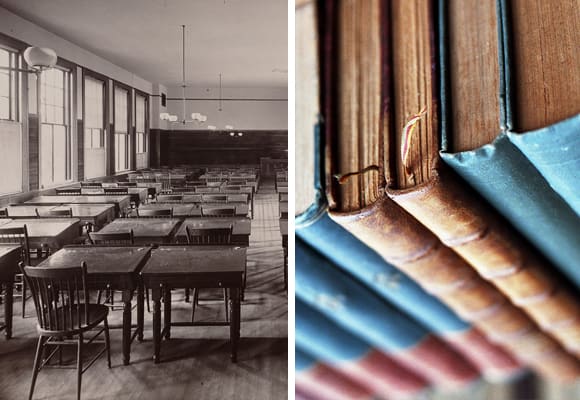

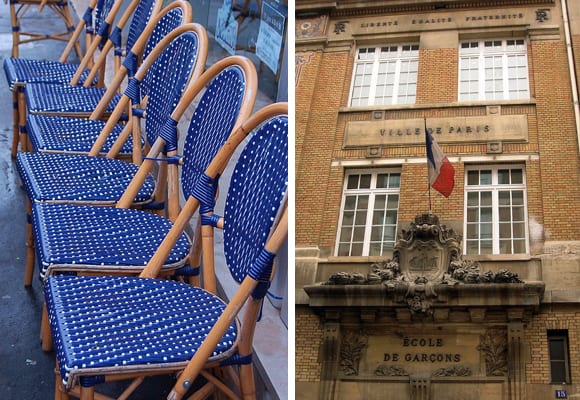
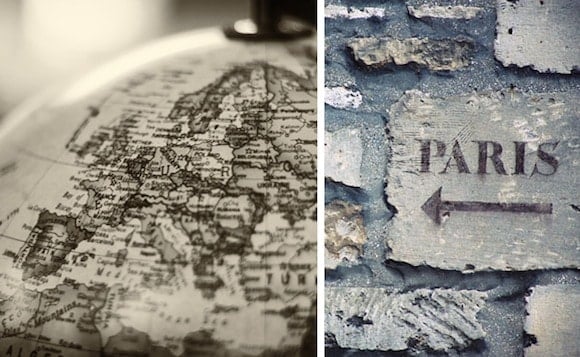





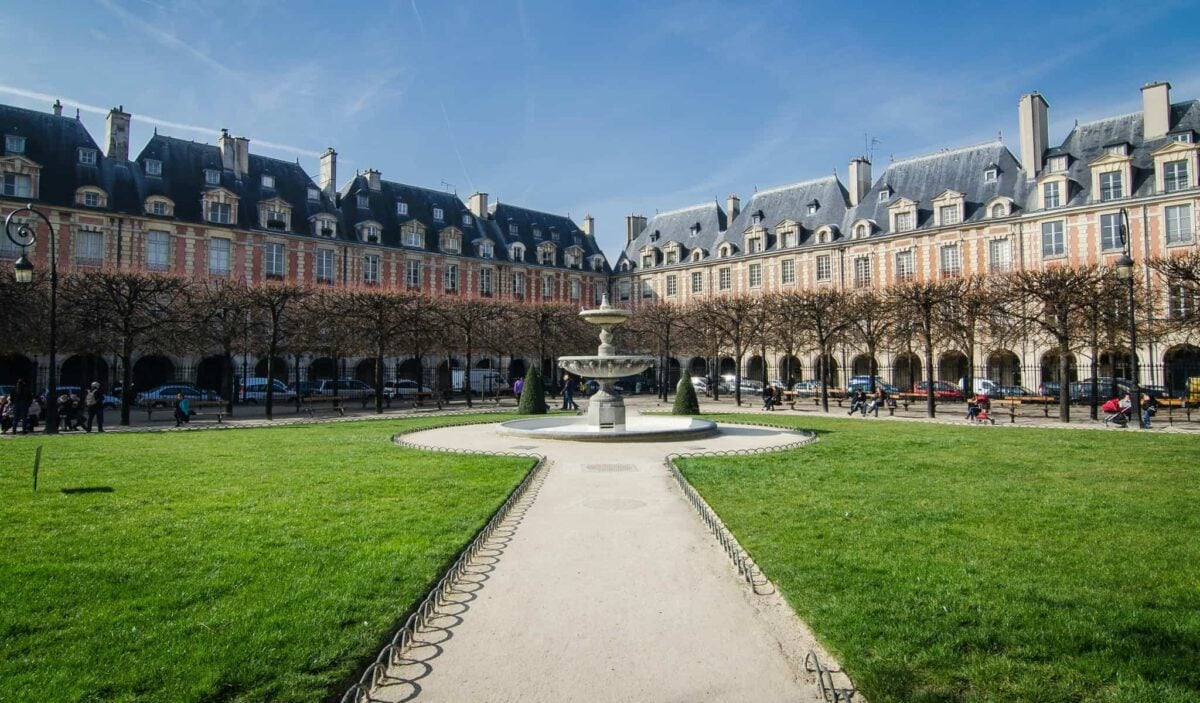
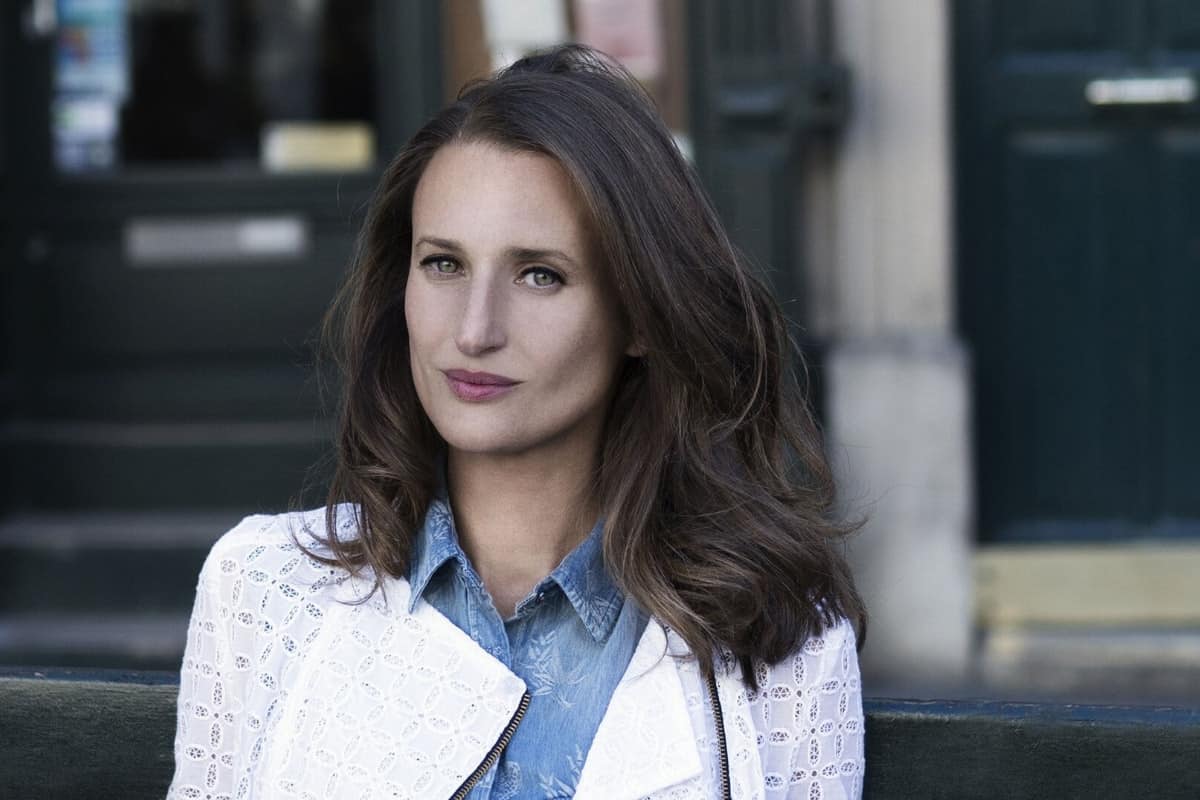
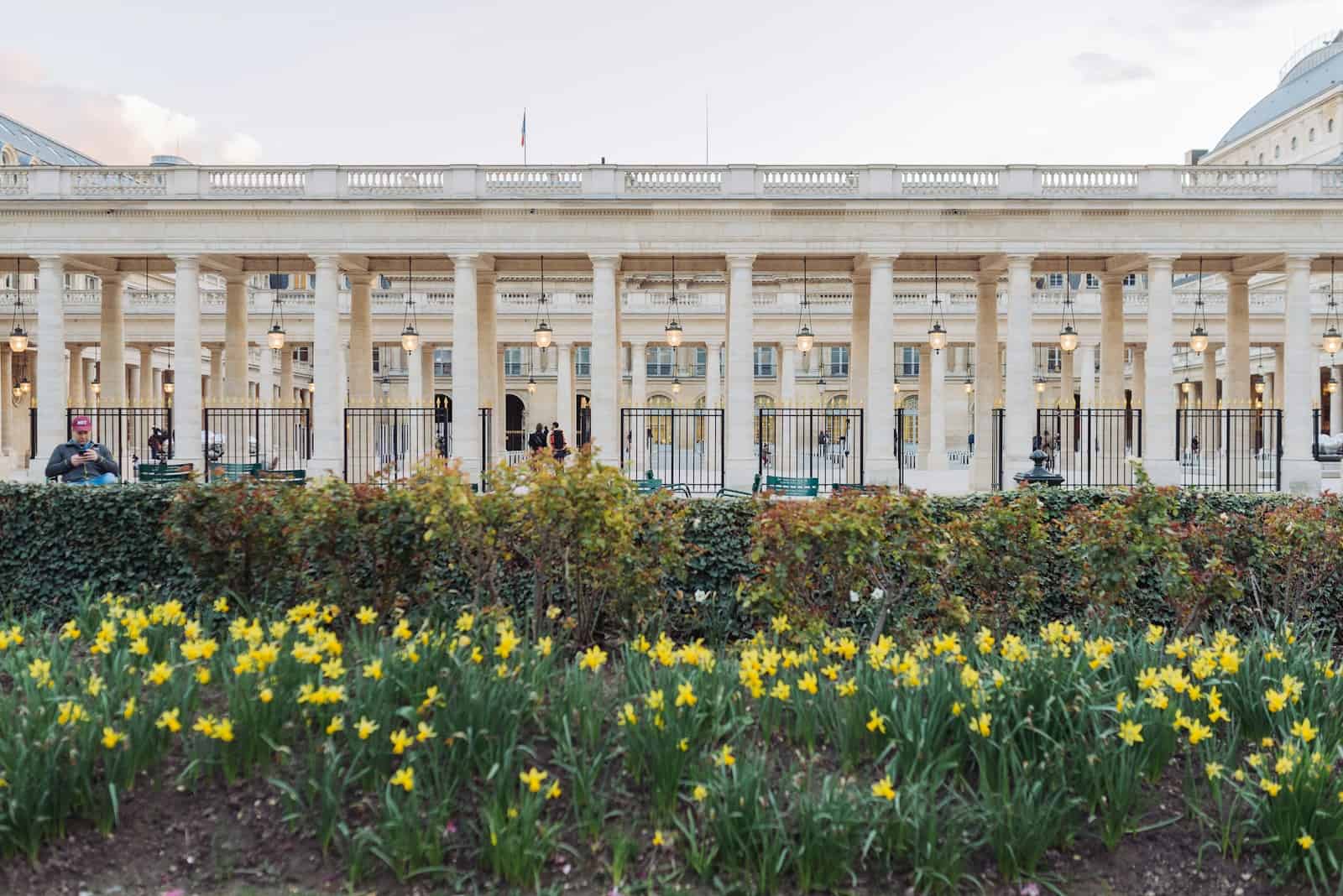
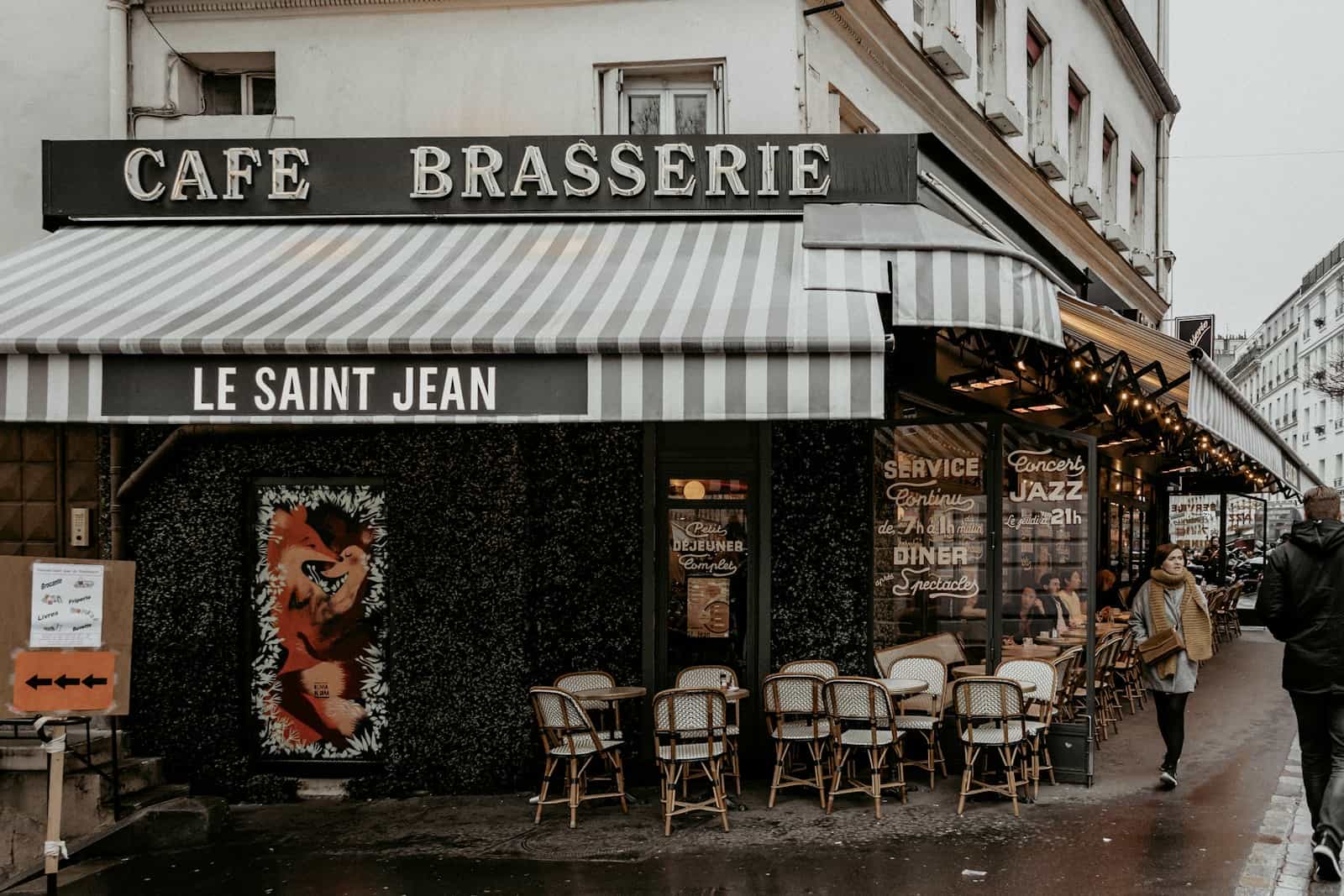



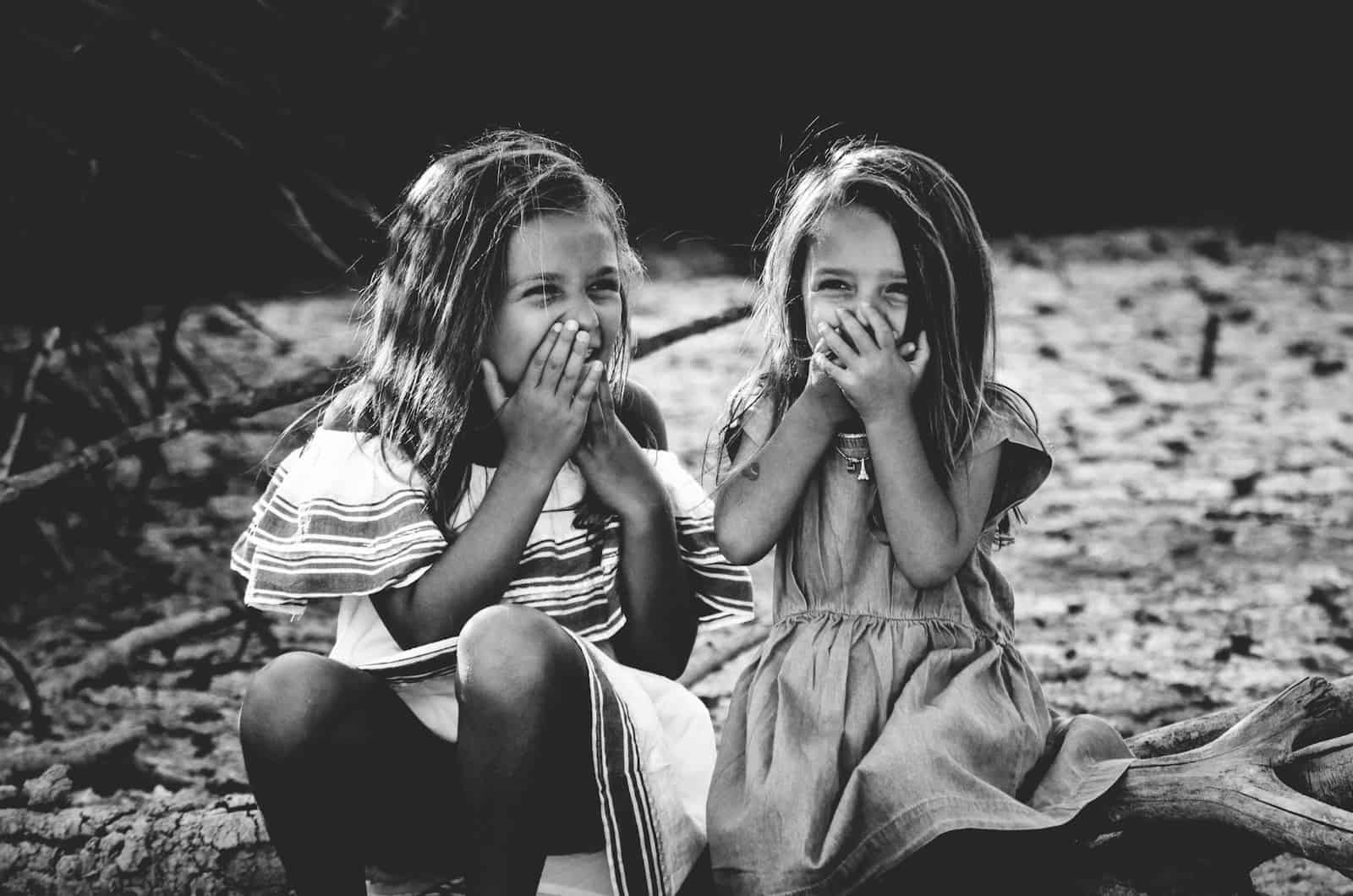

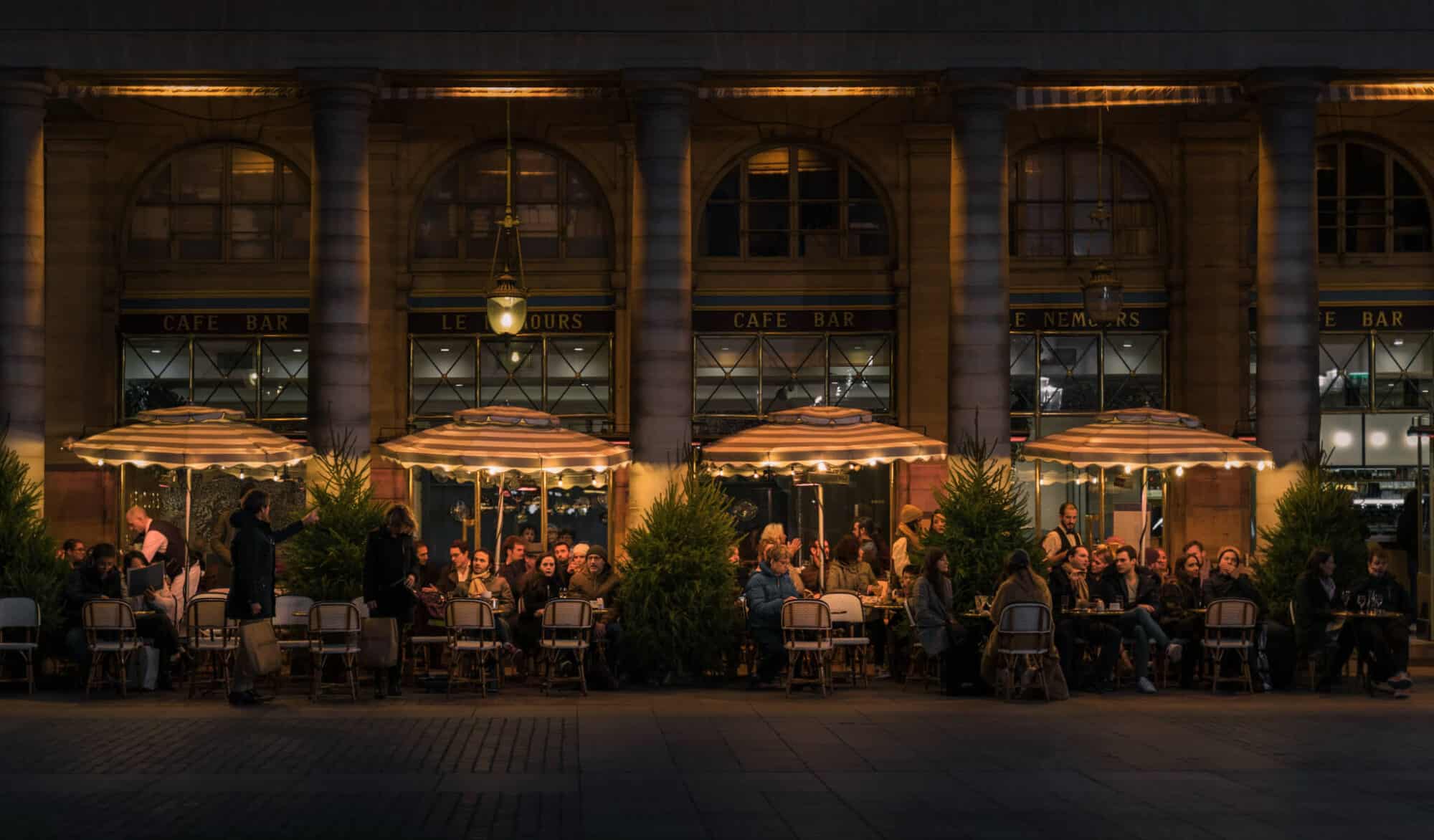






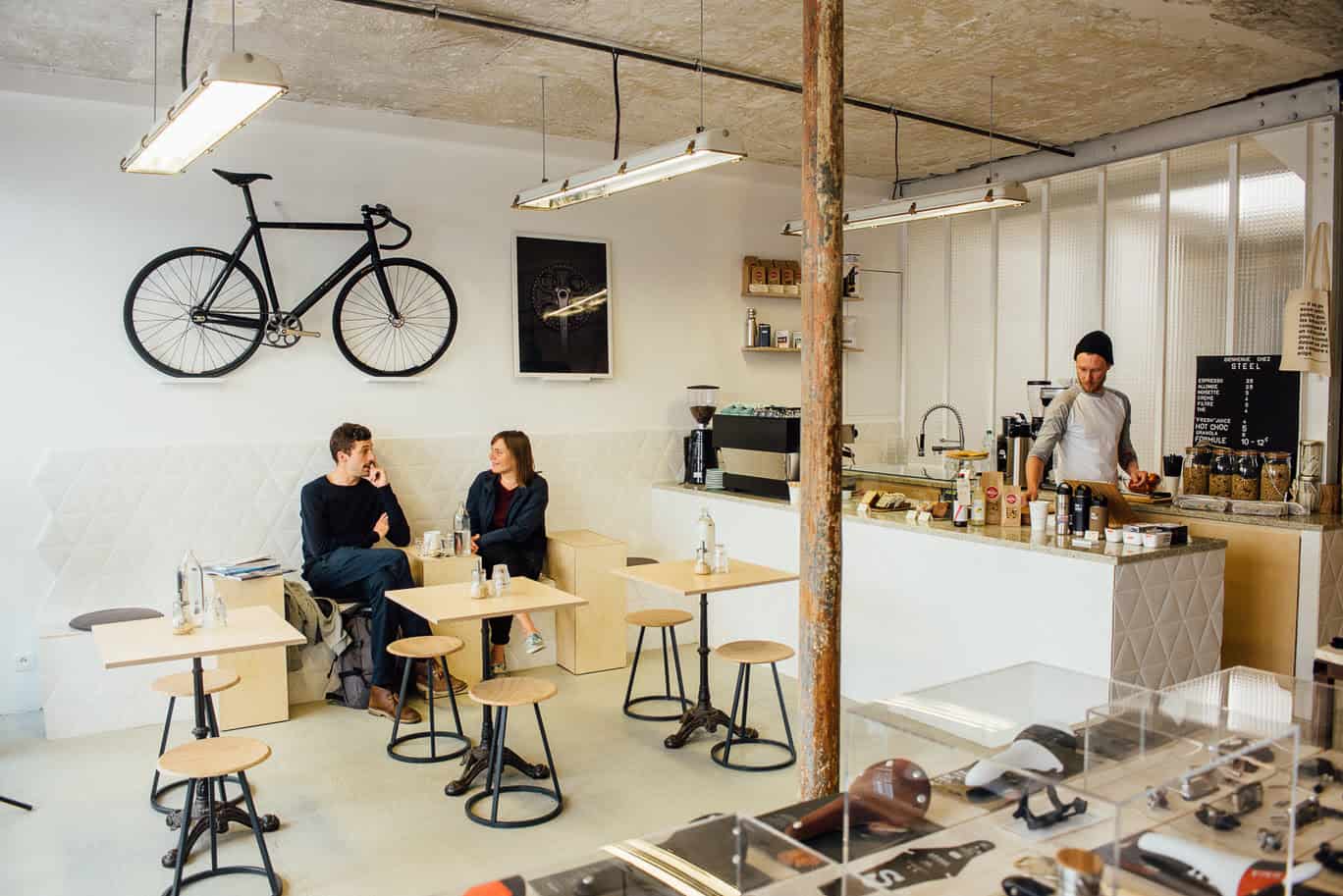

I’m scheduled to take a sabbatical for a minimum 3 months in 2015, May to July inclusive in France but could be extended. I’m not sure exactly what city ?Paris but part of the benefit was to immerse my 4 kids in French (Gr 4 and 6 by then), 2 of which are in French Immersion in Toronto (1 is an infant). Can anyone give me some advice about the barriers to do this? Can they just attend the local public school? thx
Hi,
I am half Dutch, half American and grew up in Holland and Germany. When i was 16 I spent a year in Boston with relatives of my Moms, and obviously also went to school there. My sister spent a year in Marseille and went to school there. My twin brother went to a british boarding school for six months. This was 1993 and 1995. Our parents wanted us to experience other cultures and systems.
I remember how all of us felt that the school system in the other 3 countries were so different from how it was in Germany and the Netherlands: Hardly any encouragement to think and be creative, no chance for trial and error, for growth or personal develeopement. Only Tests, Tests, Tests, often multiple Choice. My brother and I didnt adapt well to this, my quiet and more analytical sister enjoyed the experience. She now teaches Education at Uni and thinks that a mix bewegen the scandinavian and the french way of schooling would be great.
The other day I was talking to someone from southern Germany. The schools there are more like the ones we experienced abroad. More pressure to learn every word in a book, less freedom to learn your own way. The womens kids are suffering a lot and they are considering movng up north to offer the kids different schooling.
I dont have a conclusion to the question “which system is best?”, but just wanted to share my experience.
As a French person (now living in Taiwan) i read this post with interest and was amused to find that your concerns about creativity mirror mine exactly, except that my kids are currently attending a local taiwanese school, and let me tell you, Chinese education does not encourage creative thinking or individual expression at all. It is all about rote learning, memorising, and test, test, test, all the way to high school. They are in school 5 days a week from 7.30am to 5pm, and then they have homework (they are in primary grade 2 and 4). But they are growing up trilingual.
If both you and your husband are American, then you shouldn’t be too concerned about their English, especially if you can manage to send them to the US once a year. If that is too expensive, hop in the car to Calais, take the ferry and one hour later, you’ll be in England. “Fancy a cuppa tea, love?”
ALso, consider that while primary school is a lot about memorizing, “literacy boot camp” as one person put it, after they enter secondary school, this emphasis will gradually make way to critical thinking and analysis. By the time they get to grade 12 (Terminale) they will be taking philosophy classes, reading texts by Aristotle, Kant, Descartes, Rousseau, Camus and Sartre , attempting to answer “deep” questions about the meaning of love, hate, life, friendship, etc.
The important thing is to make sure they go to a school in a decent area, and avoid the ZEP, zones d’education prioritaires, whre you will find problems similar to those found in the less savory parts of bug US cities.
So good luck with CP. And thank you for choosing my country. Cocorico 🙂
Thank you all for the wonderful comments! I am amazed each day by my kids’ ability in French and how they are benefiting from this experience. It’s been particularly striking to watch (and try to assist!) my 6 y.o. as he learns to read in French – I never imagined the first language he’d read wouldn’t be English.
As far as finding work in France, perhaps I can expand on that topic on a future post. Sounds like there’s real interest in the subject! Stay tuned..
I have a friend whose children went to French schools all of their lives. English was spoken at home and she was told she should only speak French to them (she couldn’t) as it would ruin their French. Result? Her children speak both English and French without an accent. The “experts” were wrong.
I am extremely envious of your adventure. I have tried to talk my husband into a similar lifestyle, but alas, it has not happened yet. As far as your worries about your kids creativity and individuality being stifled, I think you would have similar (if not greater) frustrations back here in the US. Most arts programs have been cut altogether for elementary school and most of class time is spent learning “the right” answer for the all important state test. The only places where variety and arts education is available are where families can afford to provide them through PTA donations or private instruction. The gift you are giving your children of a bilingual and cultural education is an enormous one. Don’t second guess yourself. Another up side, your children will never discover nacho cheese sauce.
I wanted to comment that US schools teach to the test very much. The extracurricular activities have been dramatically cut due to funding. I think the ones you mentioned sounded intersting. The food fed to public school children is nutrition less. Trust me I taught in public schools in NJ. Keep speaking English at home and they will have no problems keeping their English language.
Your last sentence about the beautiful poetry memorized in France resonated with me! My two girls spent 6 months each living with a family in France at the ages of 9 and 10 via an exchange program called En Famille International. They attended public school, and now at the ages of 11 and 14 their French-nurtured memorization skills still serve them very well in school.
I’m sure you’ll do a great job of establish a family culture that still values creativity, individuality, and sponteneity. Your kids will have the best of both worlds!
I’m American married to a Frenchman and we live in Lille. My kids are both in public school here. And I have to admit that I’m pleased with pre-school. I may feel differently next year when my daughter enters CP (aka literacy bootcamp) but so far so good. My concerns are the same as yours: too much conformity, too rigid, not creative and no extracurricular! I think that last bit is what I’m dreading most and what I think is lacking most in French schools. My daughter has art, music, sport once a week now. At the garderie – after school – they have sport, circus and samba dancing (!). But next year, after school activity is study. I think the best we American parents can do it try to balance it out at home and hope that the kids’ American side doesn’t break under the totalitarian French school system.
Funny how my first reaction to all the extracurriculars and fun was, “Oh, they must just be rich parents! No one *normal* could afford that.” Despite your own clear statement about the gloriously free French system! I’m just so used to the lacking American way.
While I think it would be a great time to work at a French preschool like this, I don’t feel the same about the secondary schools there. At least in the Parisian suburb where I taught English for 7 months, the totalitarian teach-to-the-test regime was stifling and boring for all. Thank goodness I swept in with my progressive debates, movies and Friends episodes. 😉
How wonderful i admire your courage and wish i could convince my husband for the same adventure. keep up the good work and more blogs on this please and yes is it easy or hard to get work?
GORGEOUS….ahhh, how much would i like to spend my childhood in France, with a international family. Knowing Slowenian language and mastering the French.
Tell me, do you think, me beeing 30 of age, is there still hope for me, to speak good French?
Hi Uros! It’s never to late to start!
Your very French education is not entirely different from my daughter’s very Italian education. I don’t hold the same worries about the conformity (my husband does), but I could be completely naive in that feeling … I hope not!
Ciao,
Dana
Great article. I moved from Maine to Dublin three years ago and often wonder how I’ll feel about sending our (as yet unborn!) kids to Irish schools. There’s so much more emphasis on recitation and memorization and much less emphasis on creative thinking and problem solving. I have years to make the decision, but interesting to hear about other countries as well!
I’m interested to know how you found work in France and if it was easy.